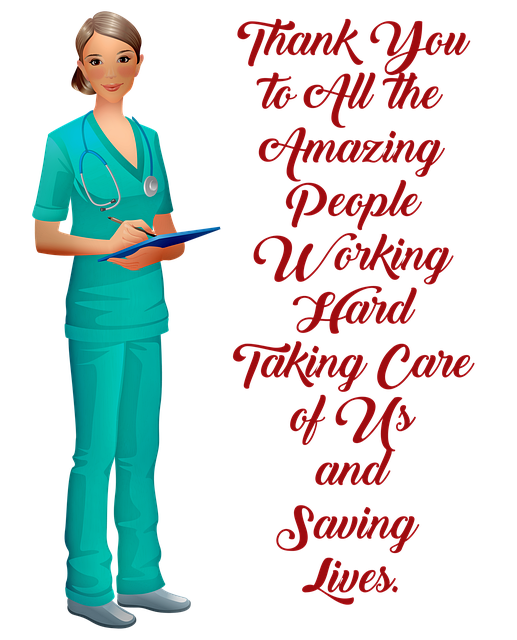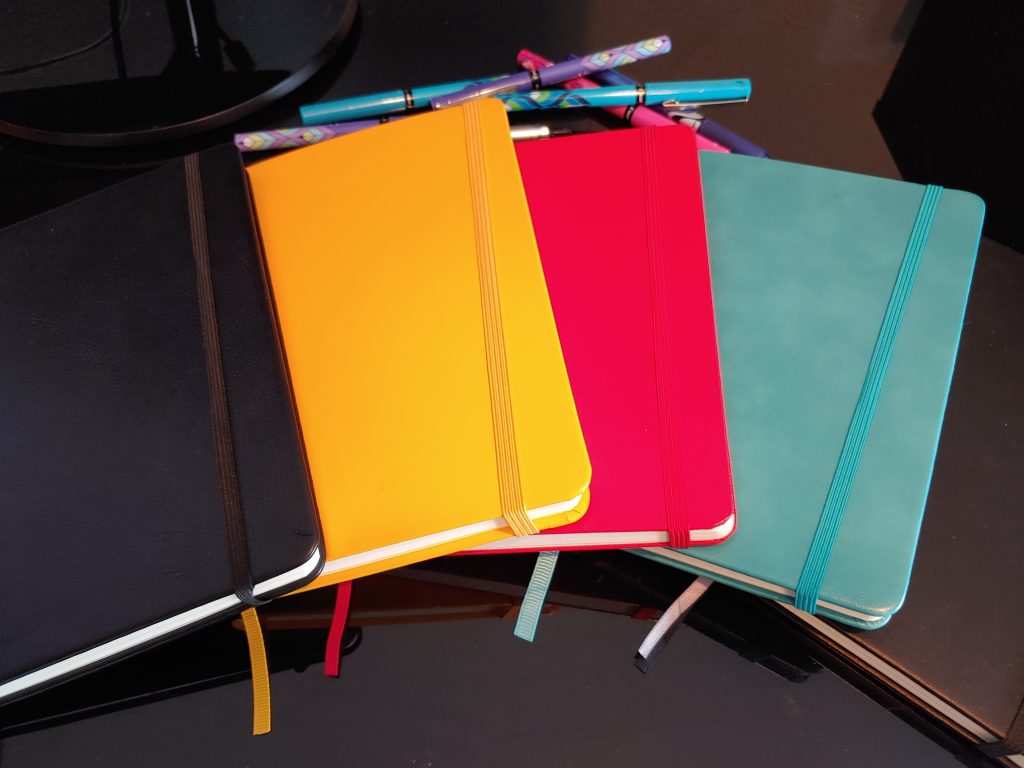Finding Your Why In Life

We all know someone who has figured out their “why” in life. That one person who attacks their job or service or PTA meeting with a zeal that burns so hot that they wouldn’t be allowed passed a temperature sensor.
(Is it too early to make those kinds of jokes? I barely sneaked passed one in Hong Kong before this COVID-19 stuff blew up, so I think I get at least one free lame joke about it)
For me, that question has come up often. Like when I get out of the office late at night only to go home, put the kids to bed, the connect to the VPN to get in a few more billable hours.
Your triggers are likely different than mine, but I’m sure you’ve had something that nearly stops you in your tracks while your brain screams “why are you doing this”?
So what is your why?
More Than Consumers
Since I’m currently wearing the home school teacher hat (stupid virus) along with everything else I have to do, I get to work with my son on ecosystems. This weeks lesson was all about Producers and Consumers.
By this particularly biological definition, we are Consumers. We eat plants and other animals. Which translates to modern man buying food, housing, toys and gadgets. Yes, the amount of stuff can get away from us–something that I’ll want to discuss another time–but the fact is that we do need money to buy things.
This can be especially clear when some 30 million (at the time of writing) have filed for unemployment in a matter of a few weeks.
It can be easy, then, to think that we work to make money to get things to consume to allow us to live.
Simple biology layered with the complexities of the modern world.
But just getting money isn’t enough of a “why” to keep the work going. In Tom Rath’s latest book Life’s Great Question, he points out that “a poor-quality job could be even more detrimental for key biomarkers of health than unemployment.”
Which is insane.
We Need to Contribute
Asking the “why” to life has been in my head while I’m stuck at home trying to manage everything. Plus I just got my copy of the Tom Rath book mentioned above and am currently working through it.
The answer, it turns out, is that we are wired to want to contribute to others to feel a sense of purpose. We need to be able to connect what we do day to day with how it helps others. Making others’ lives better is the way to happiness. And it’s something that we fail at miserably.
Just anecdotally, I can think of numberless shows where someone “takes time for themselves,” but vanishingly few where they talk about taking time for others.
Again, back to Rath, he mentions that even nurses–who literally see their patients and help them through life threatening situations, “[fail] to acknowledge the meaning created in the course of their work.” If nurses can’t do it, what chances do the rest of us have?

But there’s small changes that we can make to better connect the dots. I remember in the public accounting world it was somewhat verboten to allow the first level associates interact with the clients. We wouldn’t want the recent college grads screw up and say something wrong! Yet when those associates put a person to the balance sheets, their work on those clients noticeably improved.
How does your work help others? If you’re not doing it already, how can you put a human face to what you do? And how is what you’re doing helping that person?
Simple or Profound
I’m sure most of us would like to make some profound, life changing impact on others. But the fact of it is most of what we do will be small and simple. Helping someone finding the right music and brighten their day. Get the perfect photo that captures memories, or evokes emotion. Get a great design that will help others feed their families.
Accounting can sometimes make it hard to connect how my debits and credits lead to real help. But even I can find how my contributions matter from time to time.
The better we connect what we’re doing to how we’re making someone’s life better, the happier we will be.
And if we don’t get enough of it at work, there’s plenty of great service opportunities in the rest of life.
Make a Change, Big or Small
I used to be the kind of person who would relentlessly attack something until I could get it to work. And that included my job.
Sometimes, though, it’s just not going to work. If you have to cut off half your square peg to get it through the round hole, there’s probably a better way to spend your time.
Most of the time, though, finding that “why” can come from smaller changes. Find little ways in life to contribute. It’s an “others” first attitude that can lead to big results.






[…] last week’s very high level post about finding your “why,” I figured it’s time to get back to some more nuts and bolts of running your small creative […]
[…] if your 1% changes focus on contributions you can add to the world, all the […]
[…] to manage people. They love the work, they love the inspiration. That’s the answer to their Great Question. But for many more they take the management position because that’s the only way to get more […]
[…] grit is through the other things that we’ve discussed on this blog. Developing good habits. Finding purpose in what you do. Finding someone to help push you and hold you […]